I sympathize with the dilemma of Rachel Dolezal, the head of the Spokane chapter of the NAACP whose parents maintain that she is not any part black, as she has claimed (#whiteisthenewblack). See, I too have been living a lie. For the past 50 years I’ve been keeping up this public charade, pretending to be something I’m not. Finally, in the wake of so many recent personal revelations by prominent people, I’ve decided to come out with the truth.
I am not tall (#shortstuff).
Although I’ve been claiming to be 7’2” for many decades, the truth is that I’m 5’8”. And that’s when I first get out of bed in the morning. Just goes to show, you tell a lie often enough and people believe you. I expect there will be some who will demand I give back the championship rings and titles that I accumulated during my college and professional basketball career because I was only able to win them by convincing other players that they had no chance against my superior height. How could these achievements have any lasting meaning if I’m not really as tall as Wikipedia says I am?
The evidence against Dolezal does seem pretty damning. Her birth parents have decided to express their parental love by outing her in response to a legal dispute they have with her (#returnworld’sbestparentstrophy). They offered photos of a farm-fresh Rachel looking like she just stepped out of the General Store in Mayberry and a white-on-white birth certificate. Some siblings have also attested that she’s not black, though she was raised alongside four adopted black children. Dolezal herself has just stepped aside from her position at the NAACP.
Despite all this, you can’t deny that Dolezal has proven herself a fierce and unrelenting champion for African-Americans politically and culturally. Perhaps some of this sensitivity comes from her adoptive black siblings. Whatever the reason, she has been fighting the fight for several years and seemingly doing a first-rate job. Not only has she led her local chapter of the NAACP, she teaches classes related to African-American culture at Eastern Washington University and is chairwoman of a police oversight committee monitoring fairness in police activities. Bottom line: The black community is better off because of her efforts.
At no time in history has the challenge of personal identity seemed more relevant. Olympic champion Bruce Jenner struggled for years with her gender identity and only at the age of 65, as Caitlyn Jenner, seems to have come to some peace with it. The same with many in the gay community who have battled internal and external demons before embracing their true selves. The difference is that these people faced a biological imperative rather than a free will choice of orientation (#readthesciencebeforepostingoutrage). Dolezal chose to identify with a racial group she was not born into, like Sean Connery as the Japanese expert in Rising Sun.
The thing about race is that, scientifically, there is no such thing. As far back as 1950, the United Nations Educational, Scientific and Cultural Organization (UNESCO) released the conclusions of an international group of anthropologists, geneticists, sociologists, and psychologists that stated that the concept of race was not a scientific entity but a myth. Since then, one scientific group after another has issued similar conclusions. What we use to determine race is really nothing more than some haphazard physical characteristics, cultural histories, and social conventions that distinguish one group from another. But, for the sake of communication, we will continue to misuse the word, myself included, in order to discuss our social issues so everyone understands them. As far as Dolezal is concerned, technically, since there is no such thing as race, she’s merely selected a cultural preference of which cultural group she most identifies with. Who can blame her? Anyone who listens to the Isaac Hayes song, “Shaft,” wants to be black—for a little while anyway (#who’sthecatwhowon’tcopout).
Al Jolson, once considered the most popular entertainer in the world, rose to fame wearing blackface. He also used his considerable influence to help blacks. At one time, he was the only white man allowed into some of the nightclubs in Harlem. Ironically, Jolson admitted that when he performed the same songs without blackface he never felt he did as good a job. Some critics say it’s because while singing in blackface, he was singing for all downtrodden people, including his own Jewish people. And he found his strength and passion and power while identifying with another culture. Maybe like Quentin Tarantino in Jackie Brown and Django Unchained.
So, does it really matter whether Rachel Dolezal is black or white?
Dr. King said we should be judged by the content of character rather than color of skin, which is what makes this case so difficult. So, yes, it does matter. Apparently lying to employers and the public you’re representing when the lie benefits you personally and professionally is a deficit in character. However, the fight for equality is too important to all Americans to lose someone as passionate as she is and who has accomplished as much as she has. This seems more a case of her standing up and saying, “I am Spartacus!” rather than a conspiracy to defraud. Let’s give her a Bill Clinton Get Out of Jail Free card on this one (#Ididnothavesex) and let her get back to doing what she clearly does exceptionally well—making America more American.
It’s given me the courage to also say, “I am Spartacus. All 5’8” of me.”
The March on Washington: Power to the People
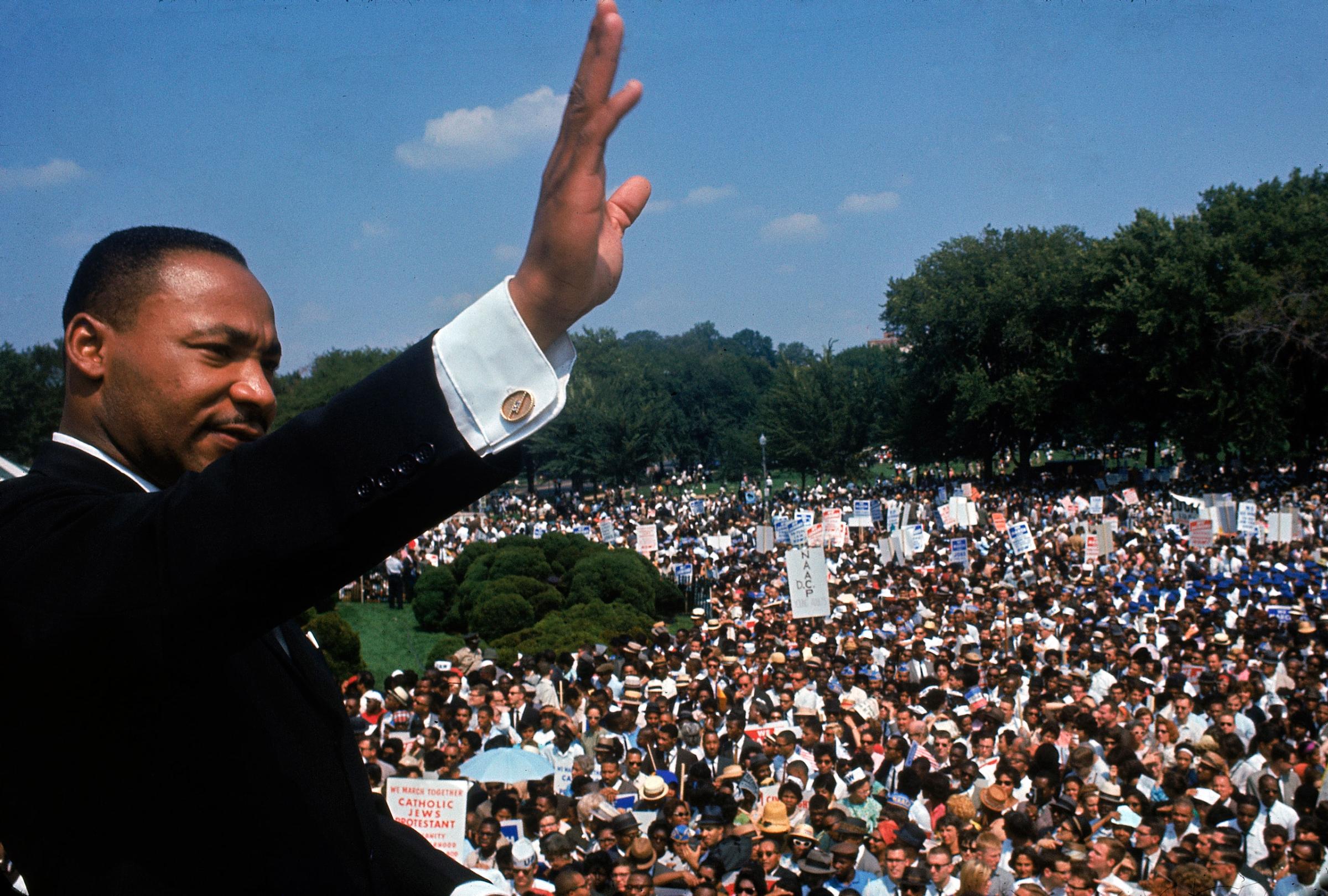
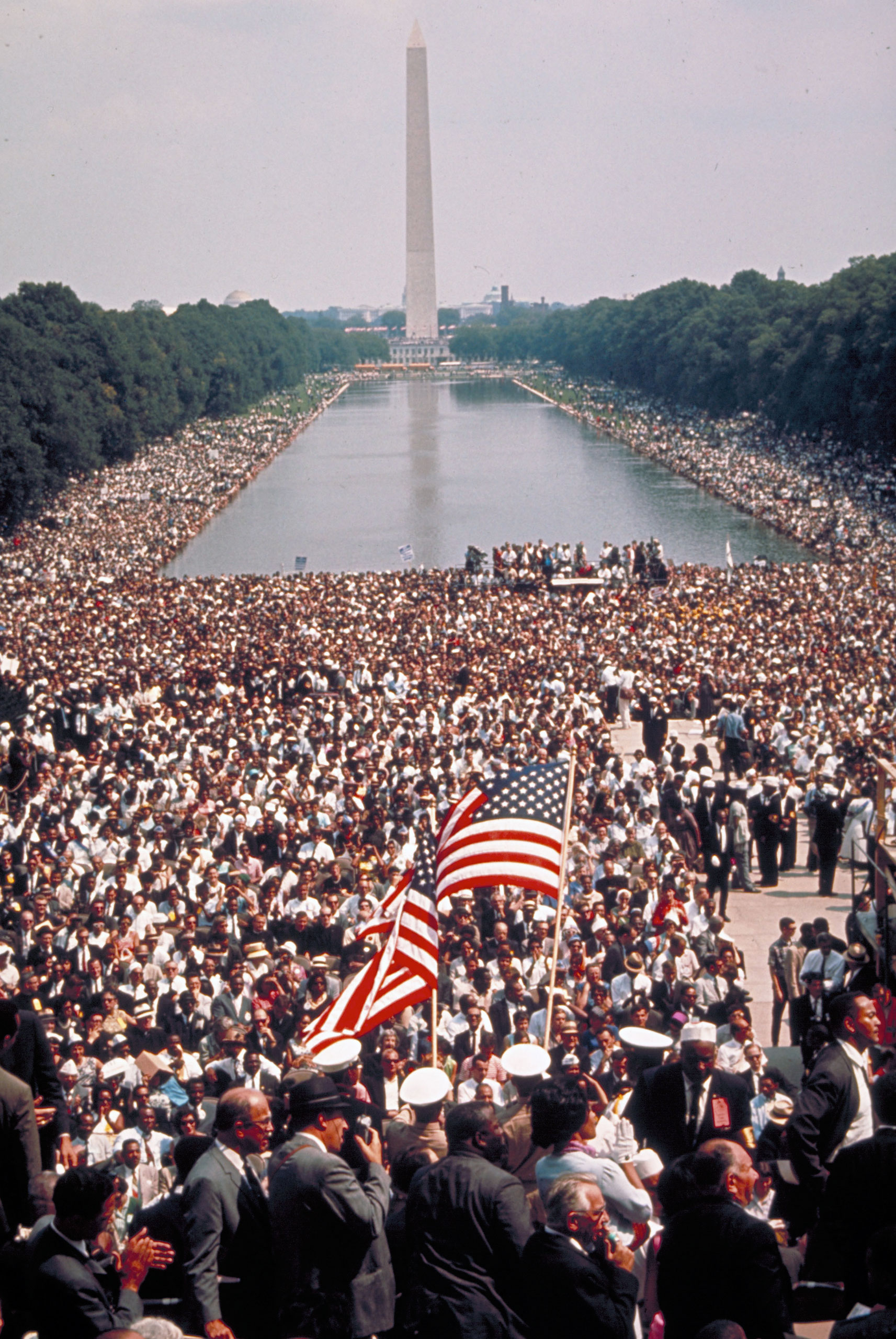
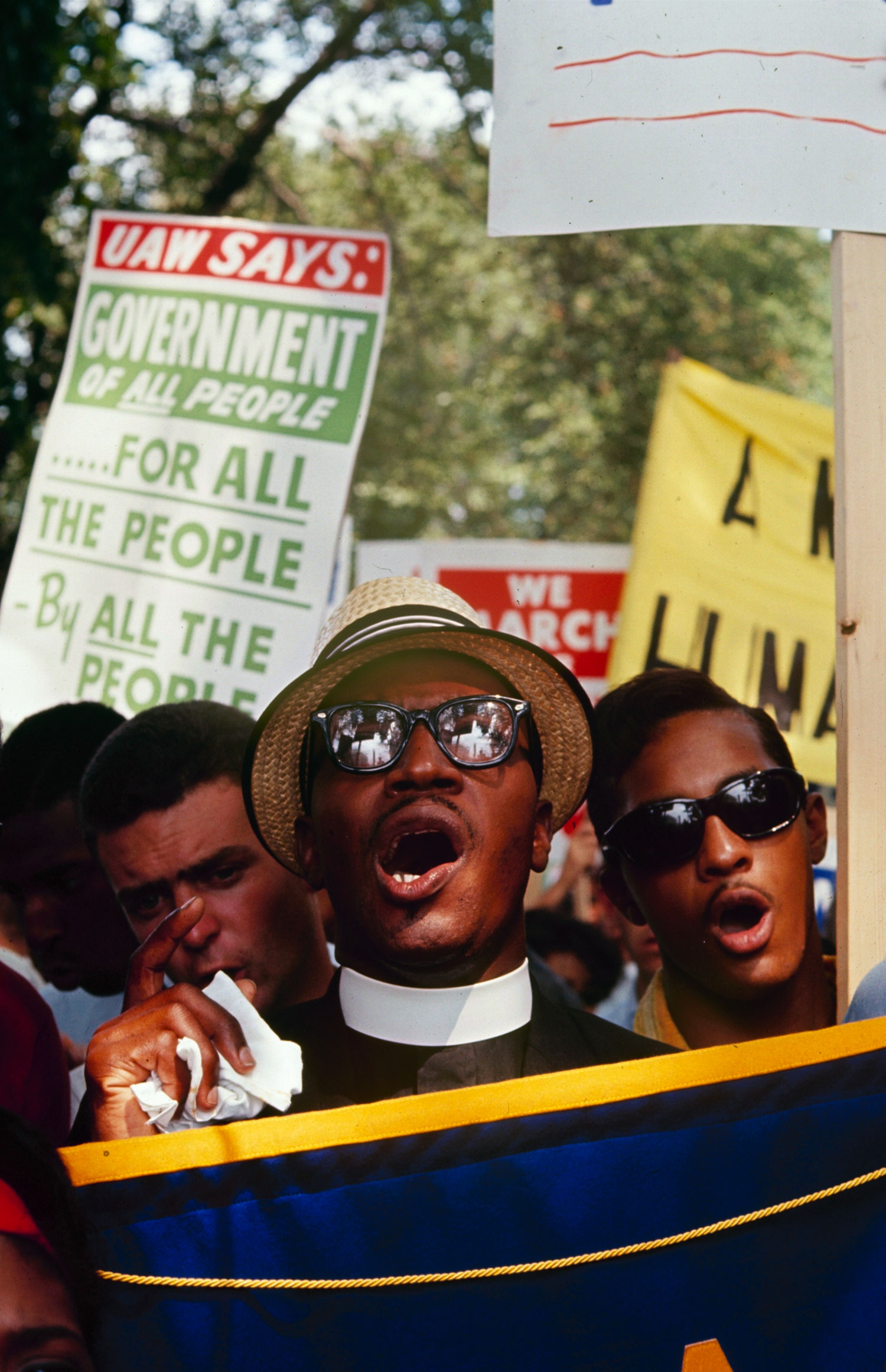
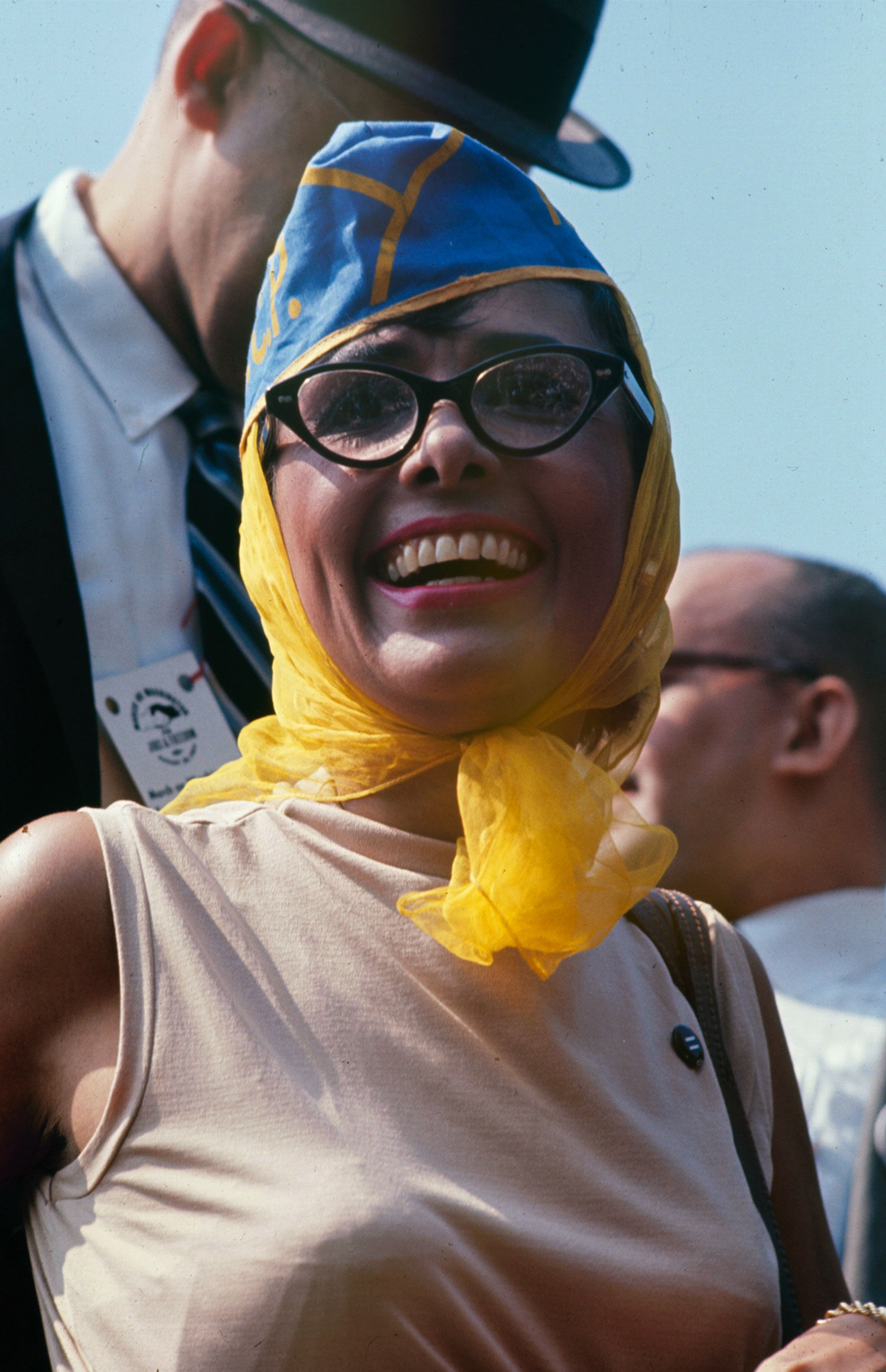
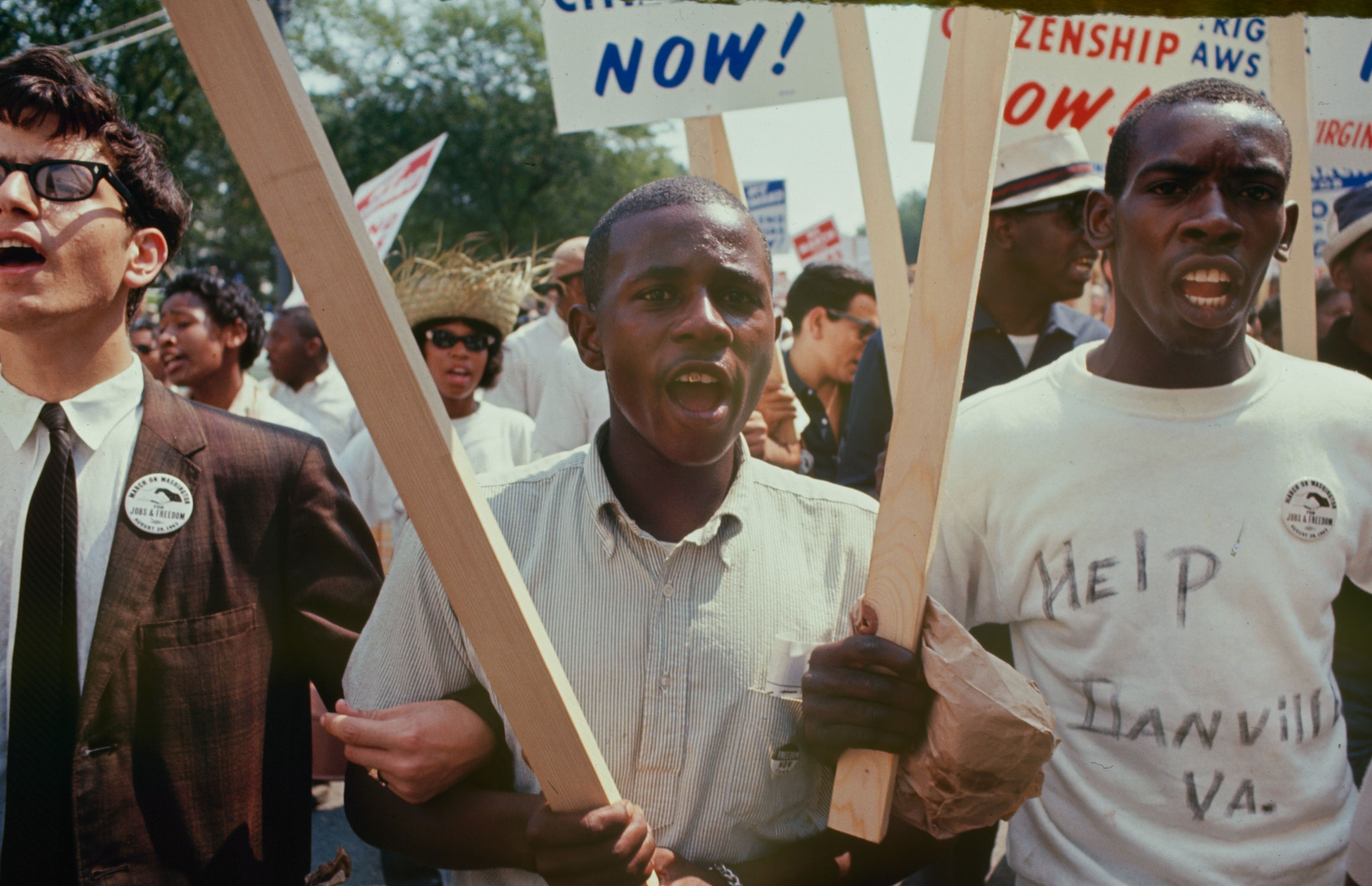
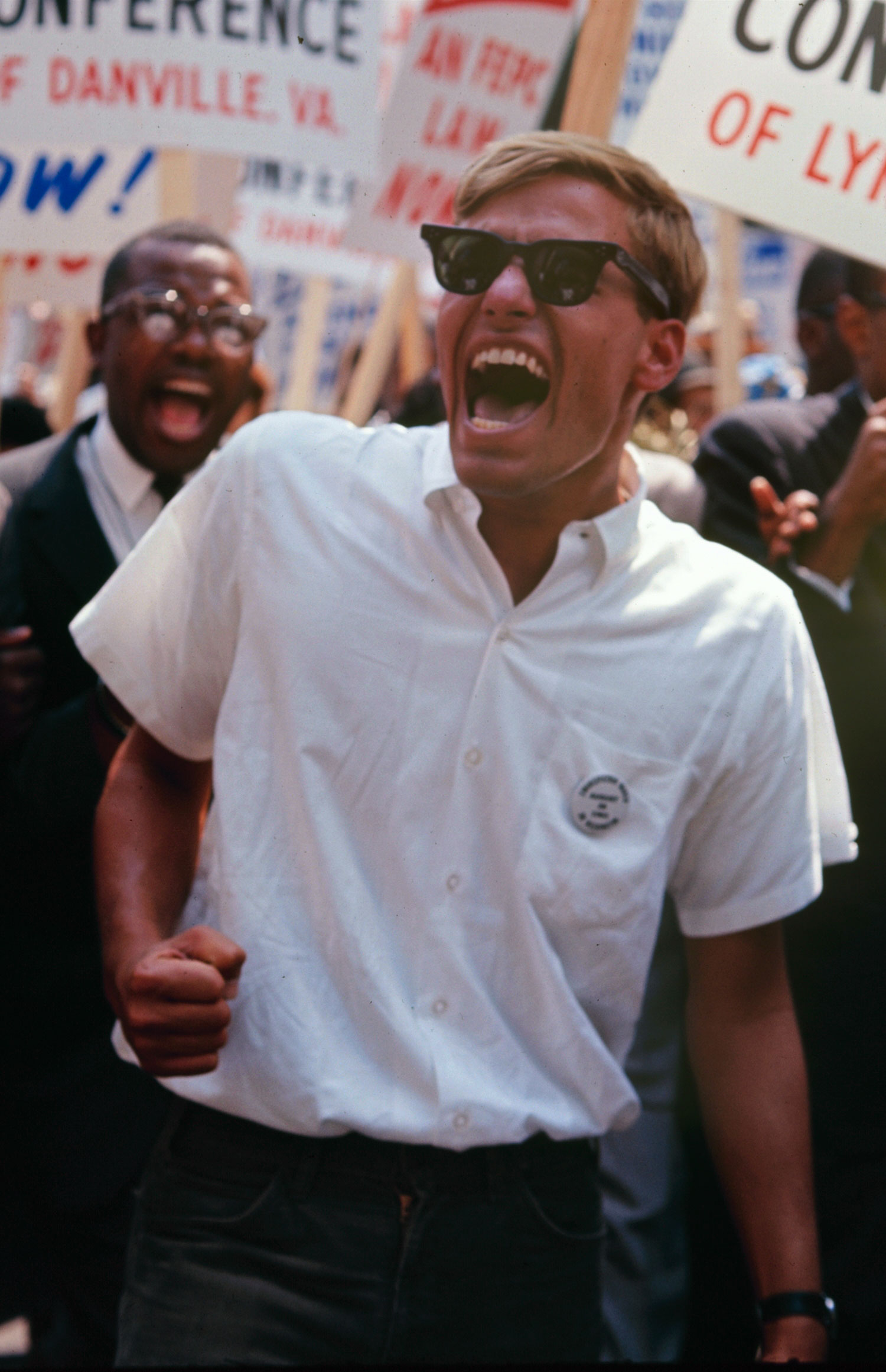
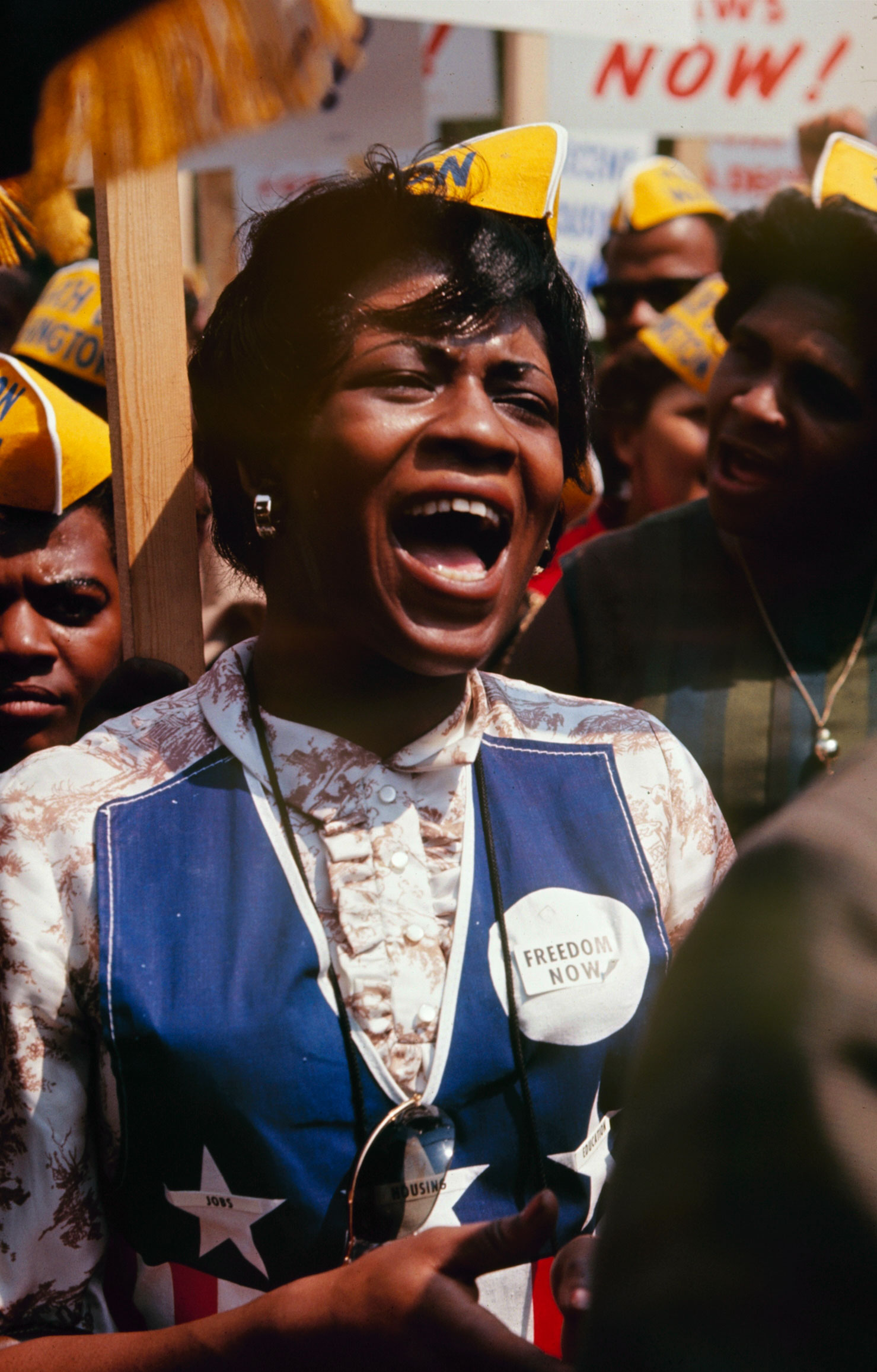

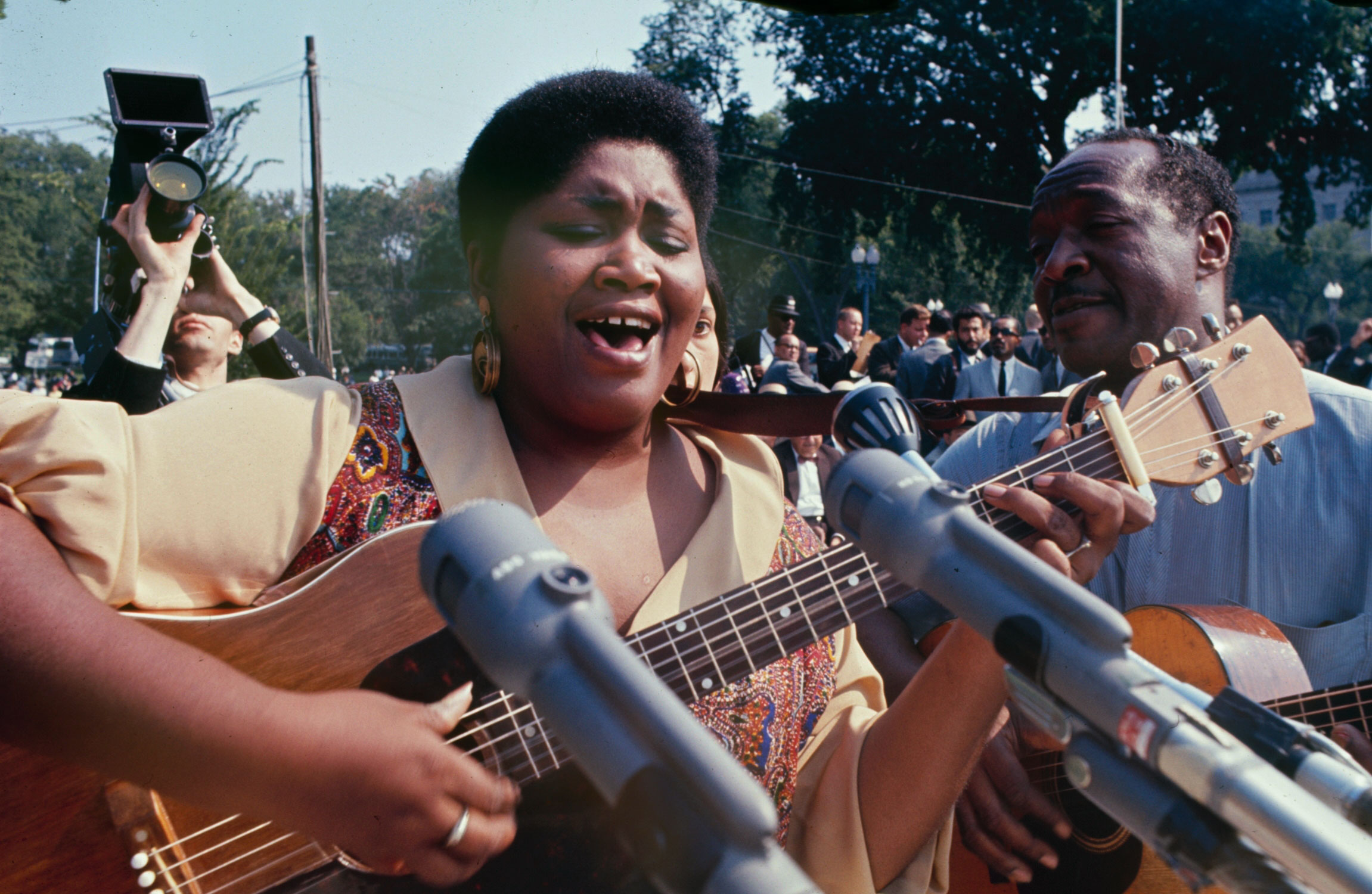
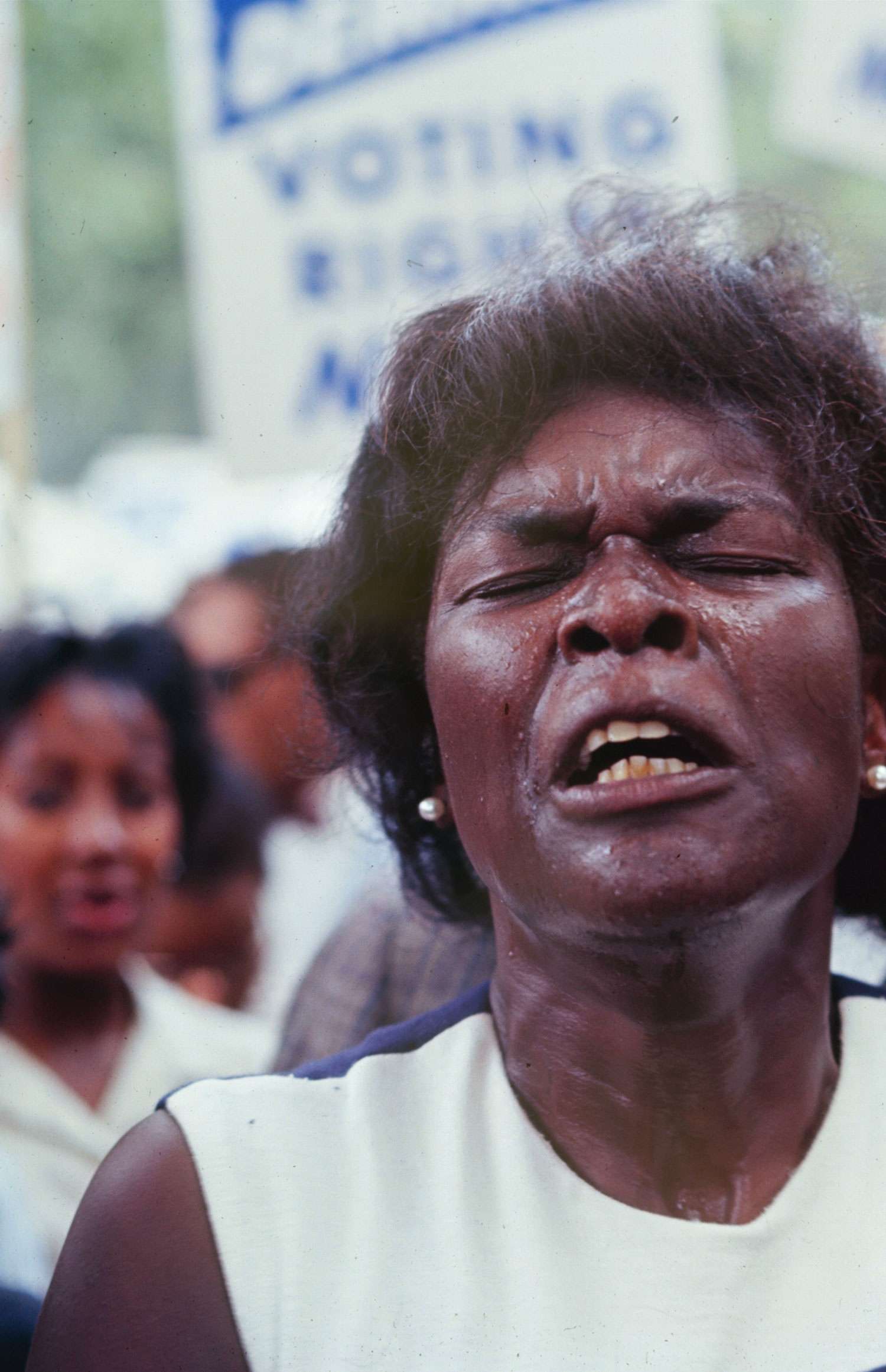
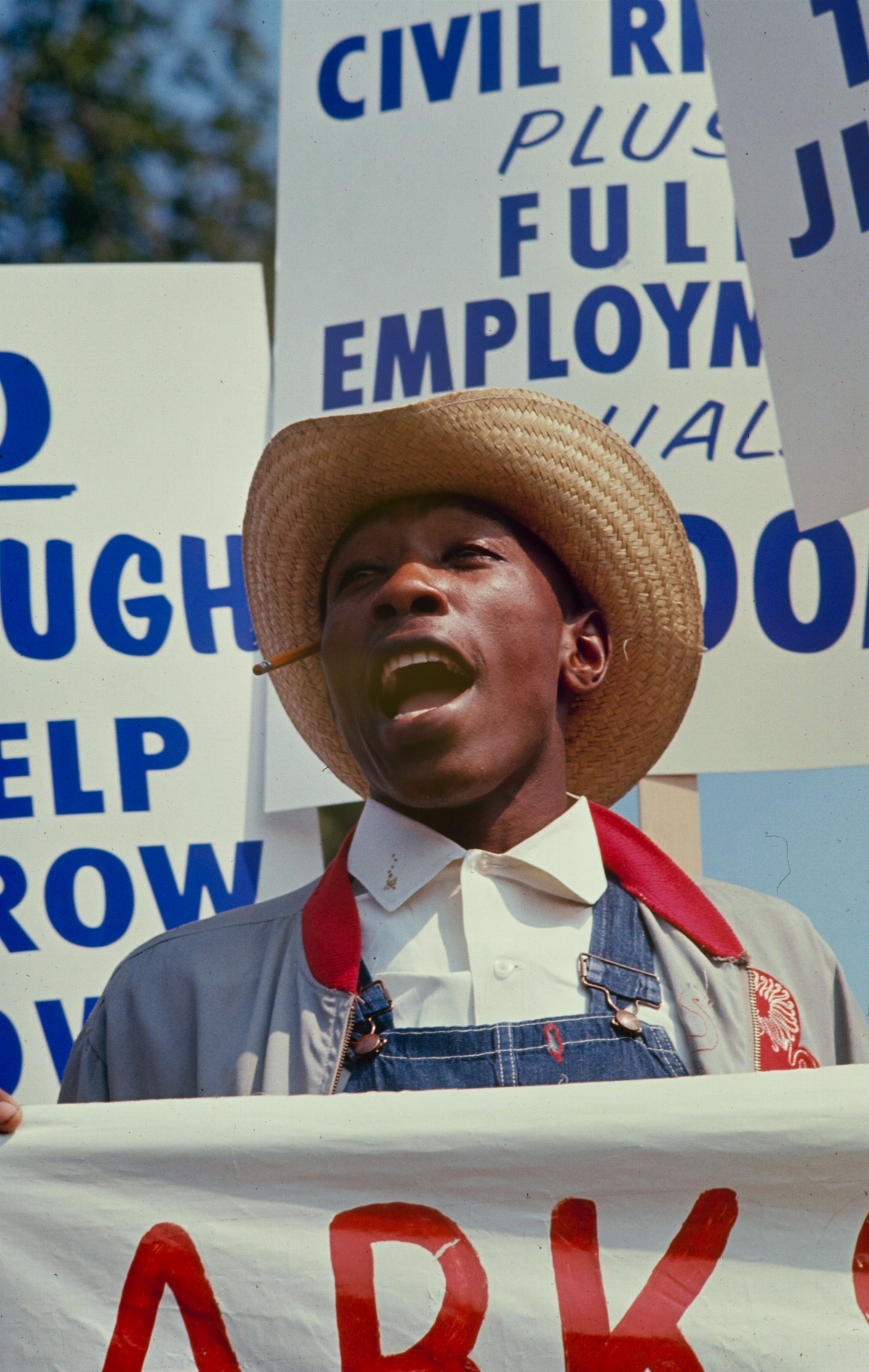
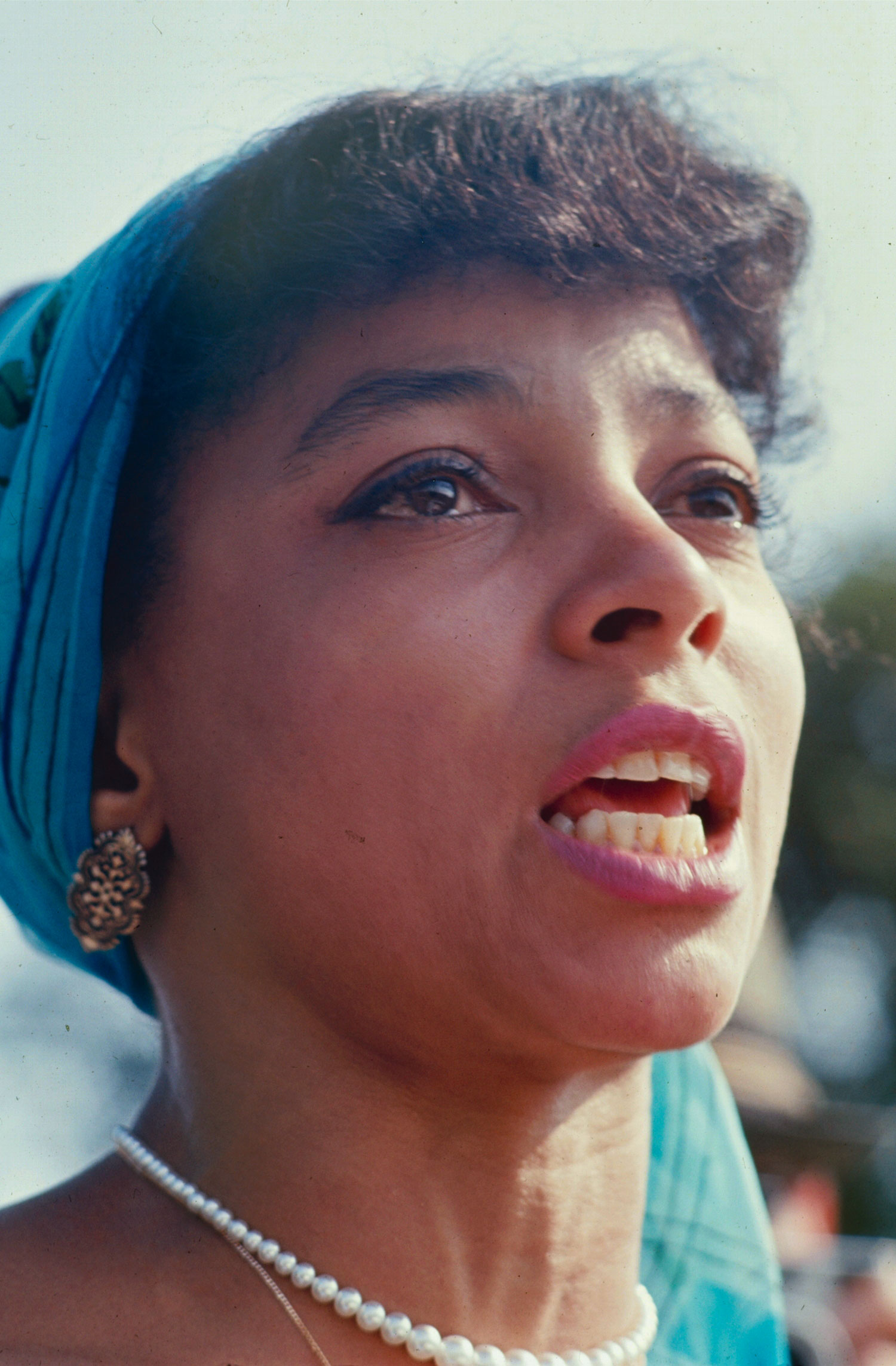
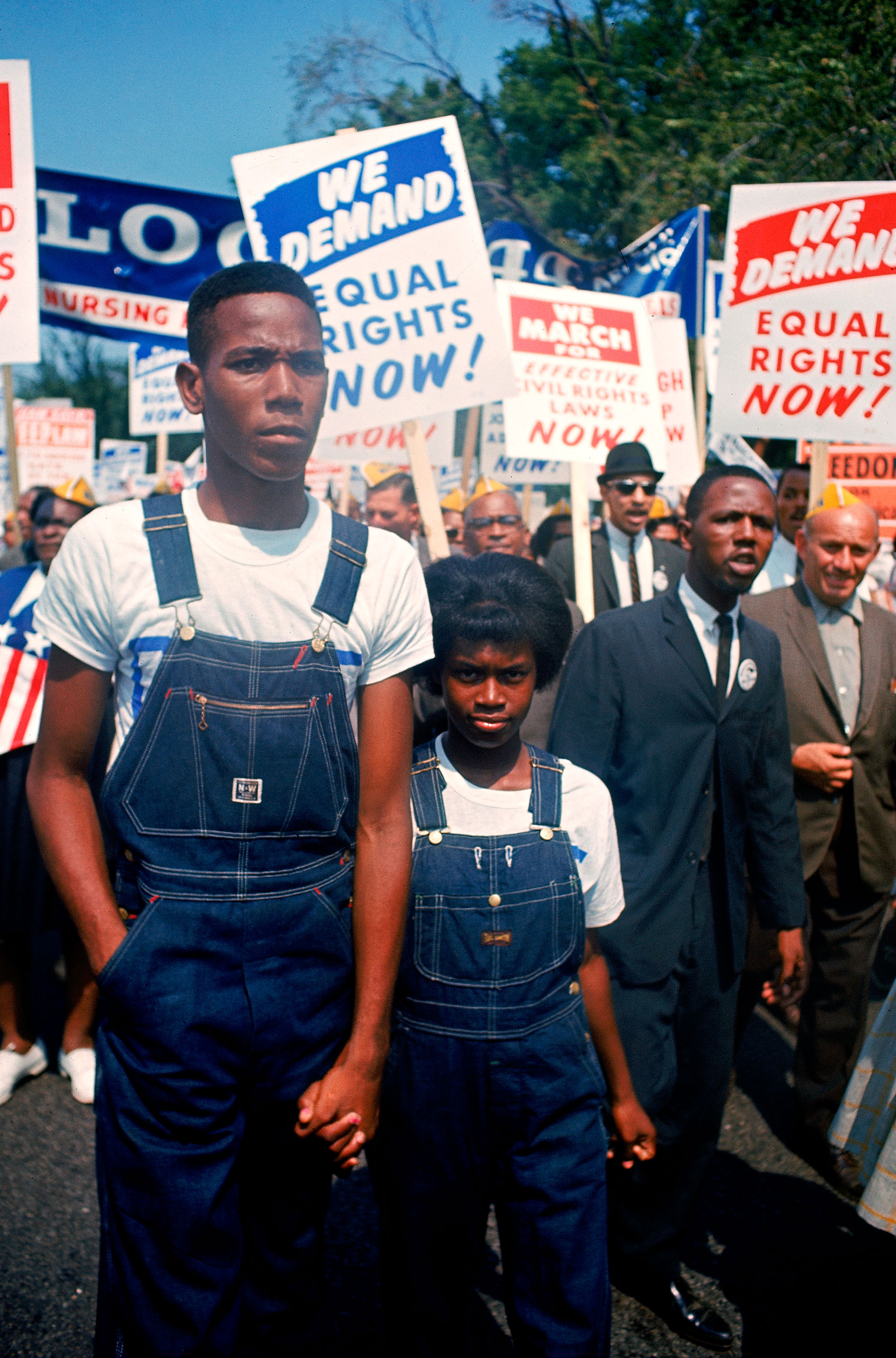
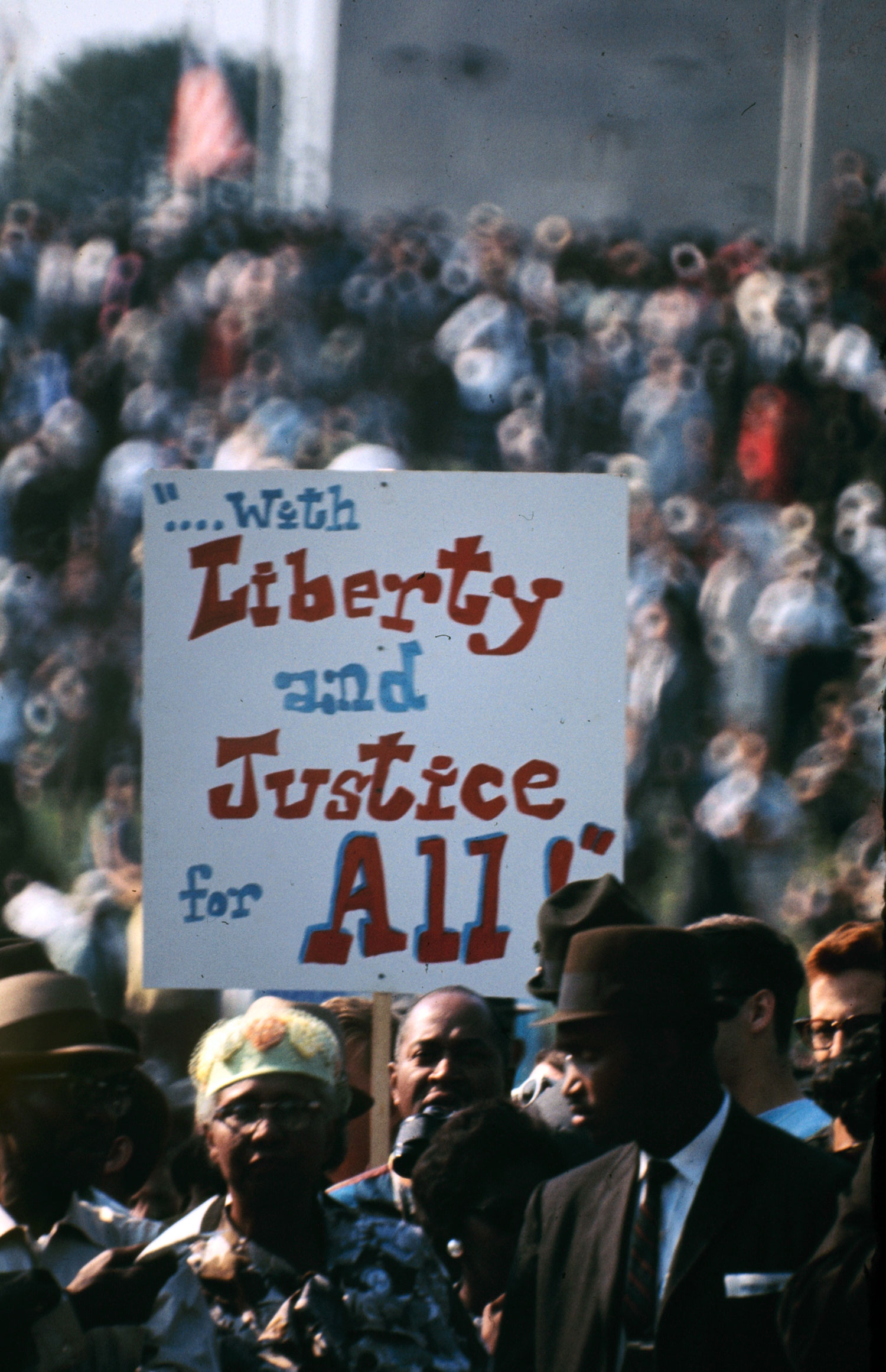
Read next: Rachel Dolezal: I Didn’t Want to Be Limited to My Biological Identity
More Must-Reads from TIME
- Caitlin Clark Is TIME's 2024 Athlete of the Year
- Where Trump 2.0 Will Differ From 1.0
- Is Intermittent Fasting Good or Bad for You?
- The 100 Must-Read Books of 2024
- Column: If Optimism Feels Ridiculous Now, Try Hope
- The Future of Climate Action Is Trade Policy
- FX’s Say Nothing Is the Must-Watch Political Thriller of 2024
- Merle Bombardieri Is Helping People Make the Baby Decision
Contact us at letters@time.com